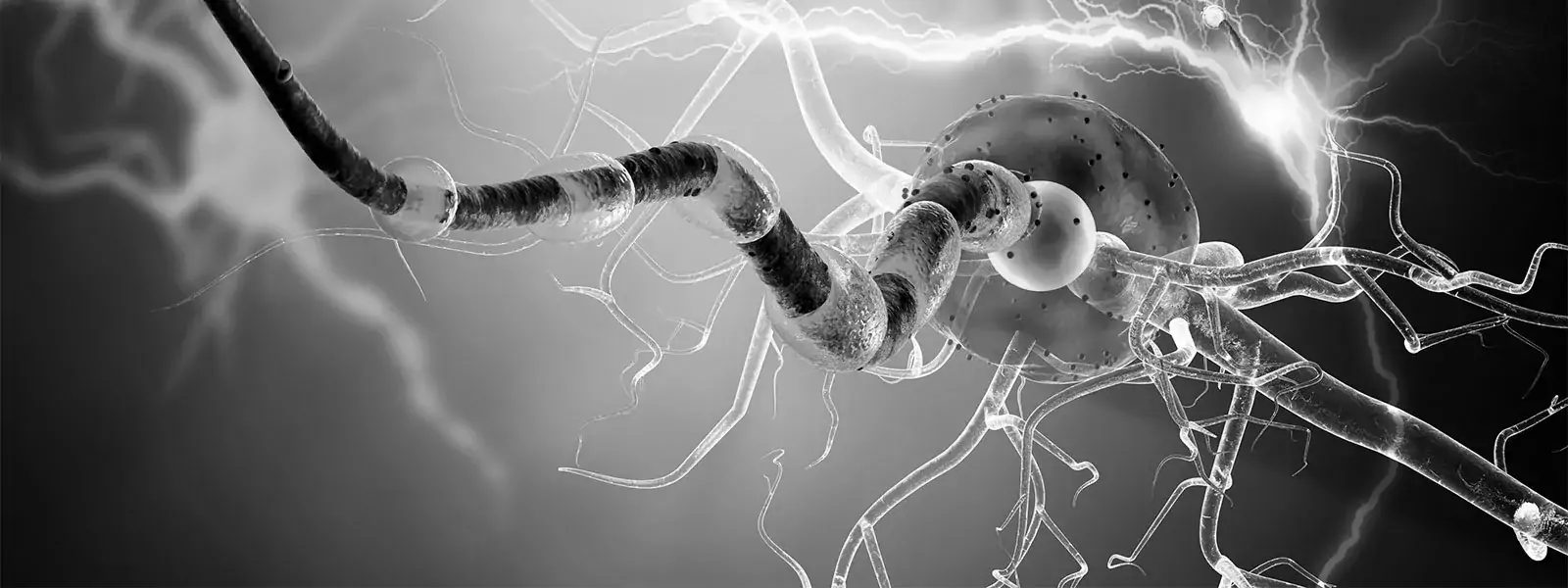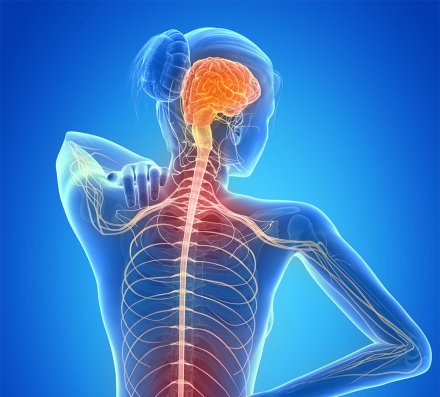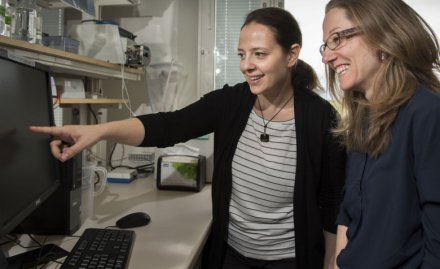
Spotlight on MS
Multiple sclerosis is a disease which doctors have partially misunderstood for 200 years. But now there is new information that will change the view of both the course of the disease and the treatment. At the same time, the researchers have found protective factors that are surprising – sun, moist snuff, coffee and alcohol.

New knowledge of MS
The knowledge of MS has exploded in the last 20 years. Before that, doctors could only give the diagnosis, now there is a large variety of drugs that can slow the course of the disease. Scientists also know much more about risk and protective factors, knowledge that can be used preventively but also to understand more about the mechanisms behind the disease.

Daniel Häggkvist: “Took eight years before I talked about it”
Being diagnosed with MS was like a blow straight to the chest. The shock lasted several years and it took years before Daniel Häggkvist talked openly about his diagnosis.

Sofia Arkelsten: "To be diagnosed was liberating"
Sofia Arkelsten is optimistic. You can actually do something about MS, even if it felt strange to be affected.

New insights about myelin-producing cells in MS
Subpopulations of the myelin-producing oligodendrocytes are altered in MS and might therefore have additional roles in the disease than previously described. This according to a recent study by Gonçalo Castelo-Branco and colleagues published in the journal Nature.

Epigenetics answers questions about MS
Maja Jagodic studies how the disease MS arises and why it affects people so differently. Research at an epigenetic level is appropriate both for understanding the disease and for finding new ways to treat it, she says.
